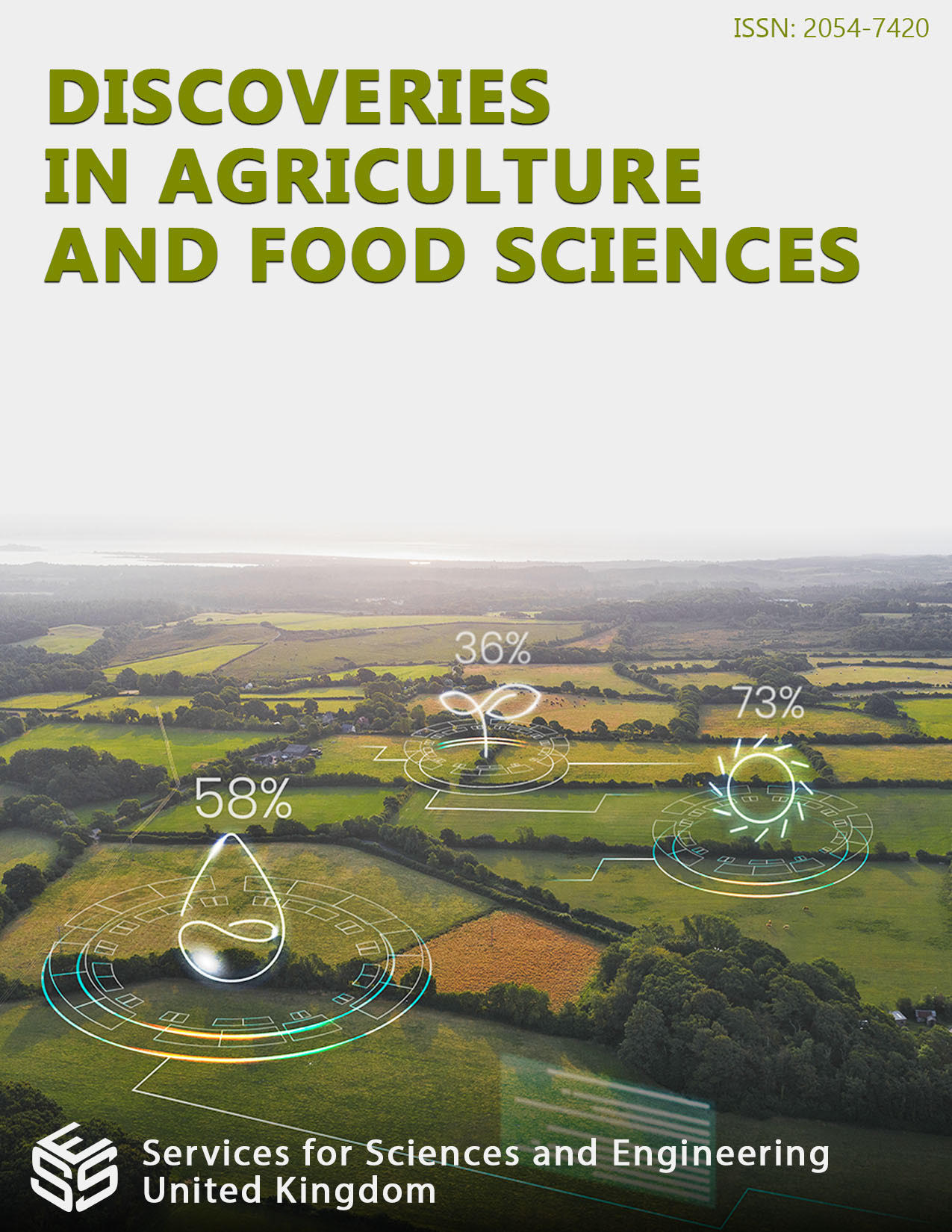Community-based Vegetable Seed Production for Agricultural Sustainability and Food Sovereignty in Bangladesh
DOI:
https://doi.org/10.14738/tnc.1302.18660Keywords:
Vegetable, nutritional security, quality, seeds, sustainable, community-based, cooperative, market-linkagesAbstract
Agriculture is the backbone of Bangladesh’s economy, with the vegetable sector playing a pivotal role in ensuring food and nutritional security. However, challenges such as low-quality seeds, high dependence on imported seeds, and weak market linkages hinder productivity and profitability for smallholder farmers. Quality seeds are essential for higher yields, disease resistance, and climate resilience, yet access to affordable, certified seeds remains limited for many farmers. To address these challenges, a community-based vegetable seed production model was implemented through cooperative systems, leveraging technical support from the Bangladesh Agricultural Research Institute (BARI) and the organizational strength of the Sara Bangla Krishok Society (SBKS). The project, titled “Community-Based Sustainable Vegetable Production: Elevating Quality Seed Production, Processing, Marketing, and Expansion of BARI Released Varieties in Bangladesh,” was funded by Dutch Bangla Bank PLC. The initiative engaged 137 farmers across three seasons (Winter 2023-24, Summer 2024, and Winter 2024-25) in cultivating 24 vegetable types and 31 BARI-released varieties, including tomato, brinjal, sweet pepper, gourds, beans, leafy greens, and okra. The total cultivated area spanned 20.50 hectares (5064 decimals), producing 16,923.7 kg of seeds with an average productivity of 765.35 kg/ha (peaking at 927.78 kg/ha in Winter 2023-24). Capacity-building efforts included 8 training sessions on seed production and marketing, 6 farmer exchange visits, and a baseline survey to assess market potential. Post-harvest activities—such as seed extraction, drying, quality testing (germination, purity, vigor), packaging, labeling, and storage—were conducted under the supervision of BARI breeders. The seeds were marketed through SBKS’s cooperative networks, reaching local farmers, NGOs (e.g., ActionAid Bangladesh, USS), and other buyers. SBKS, a registered apex producers’ organization with 115 member groups and over 8,000 farmers across Barind and Coastal regions, played a key role in strengthening farmer-led seed systems. The initiative reduced dependency on external seed suppliers, improved seed quality, and enhanced market access, ensuring better income for farmers. This collaborative model demonstrates how community-based seed production can enhance food security, farmer livelihoods, and sustainable agriculture in Bangladesh. Scaling up such initiatives can further empower smallholder farmers, strengthen domestic seed systems, and align with national agricultural development goals. By integrating research, cooperative networks, and market linkages, this approach offers a replicable framework for resilient and self-sufficient agriculture in similar contexts.
Downloads
Published
How to Cite
Issue
Section
License
Copyright (c) 2025 AKM Quamruzzaman, M. Nazim Uddin, S. Ahmad, M. S. Hossain, L. Akter

This work is licensed under a Creative Commons Attribution 4.0 International License.






